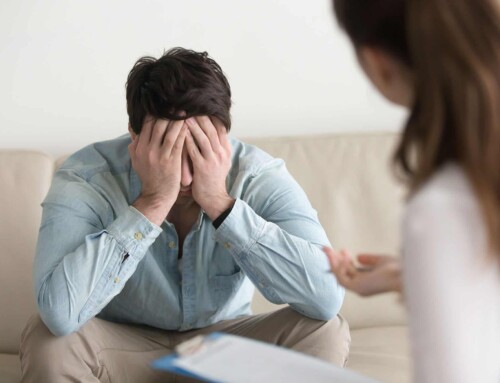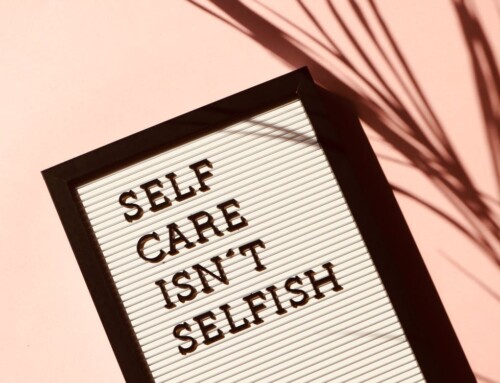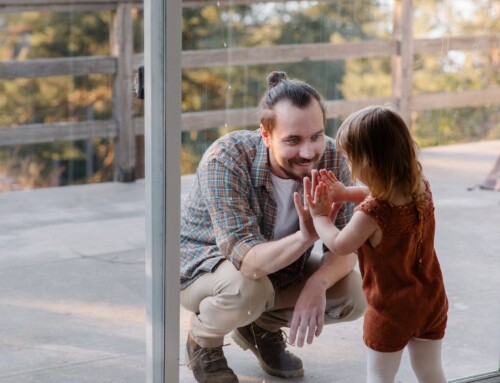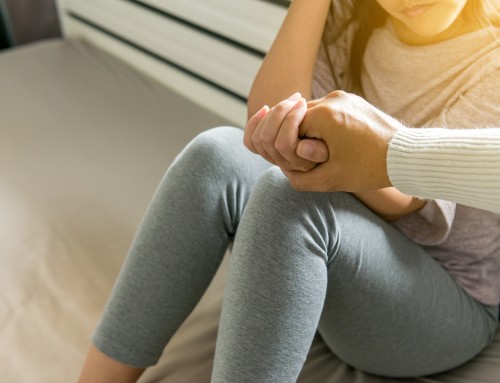18 Signs of Teen addiction
Sometimes having fun may be dangerous. Parents must be aware of the tell tale signs of teen addictions. We live in a culture that thrives on youth, beauty, power, and wealth. However, having fun as a teen or young adult does not have to include alcohol, ecstasy, marijuana, or reckless behaviors.
Hollywood glam-girls such as Lindsey Lohan and Paris Hilton make it difficult to teach our children the true meaning of “taking responsibility” for your actions. The recent arguments concerning Lohan , “Addict or Criminal?” Should Lindsey be treated as an addict or as a criminal? As one of the most popular party girls in Hollywood, Lohan has become most famous for her controversial nightlife rendezvous’ with the law. There are some critics that believe she is “sick” and battles with an addiction, while others argue that she is a criminal and should be locked up behind bars.
Despite your opinion of Lohan’s outrageous behavior and run ins with the law, it is most important that parents understand the importance of recognizing substance abuse in their children. If your child is abusing alcohol or drugs, here are signs to look for:
Signs
- Loss of interest in family activities
- Disrespect for family rules
- Withdrawal from responsibilities
- Anxious
- Verbally or physically abusive
- Sudden increase or decrease in appetite
- Disappearance of valuable items or monies
- Not coming home
- Lies about activities
- Seems to have lost motivation
- Not telling you where they are going
- Constant excuses for behavior
- Depressed
- Forgetfulness
- Unusual sleeping habits
- Spending a lot of time in their bedrooms
- Hostile, aggressive outbursts
- My child just does not seem right
How addiction develops (guidehelp.org)
The path to drug addiction starts with experimentation. You or your loved one may have tried drugs out of curiosity, because friends were doing it, or in an effort to erase another problem. At first, the substance seems to solve the problem or make life better, so you use the drug more, and more.
But as the addiction progresses, getting and using the drug becomes more and more important and your ability to stop using is compromised. What begins as a voluntary choice turns into a physical and psychological need. The good news is that drug addiction is treatable. With treatment and support, you can counteract the disruptive effects of addiction and regain control of your life.
Do you have a substance abuse problem?
- Do you feel like you can’t stop, even if you wanted to?
- Do you ever feel bad or guilty about your drug use?
- Do you need to use drugs to relax or feel better?
- Do your friends or family members complain or worry about your drug use?
- Do you hide or lie about your drug use?
- Have you ever done anything illegal in order to obtain drugs?
- Do you spend money on drugs that you really can’t afford?
- Do you ever use more than one recreational drug at a time?
If you answered “yes” to one or more of the questions, you may have a drug problem.
Support is essential to addiction recovery
Do not try to go it alone; it’s all too easy to get discouraged and rationalize “just one more” hit or pill. Whether you choose to go to rehab, rely on self-help programs, get therapy, or take a self-directed treatment approach, support is essential. Recovering from drug addiction is much easier when you have people you can lean on for encouragement, comfort, and guidance.
Support can come from:
- family members
- close friends
- therapists or counselors
- other recovering addicts
- healthcare providers
- people from your faith community
Resource:
NOTE: You can freely redistribute this resource, electronically or in print, provided you leave the authors contact information below intact.
Jada Jackson, MS, LMHC Orlando Teen Counselor






Watching a movie with Lindsay Lohan in it. She used to be a GREAT actress. What happened to her.